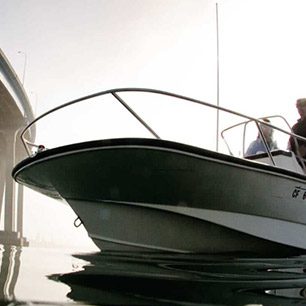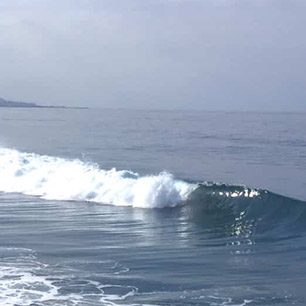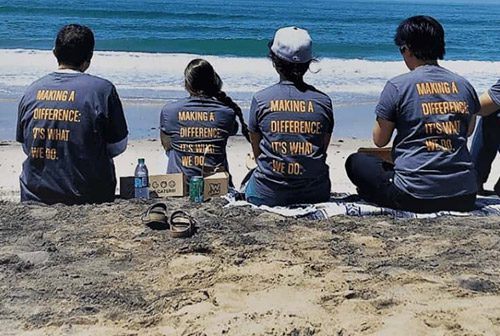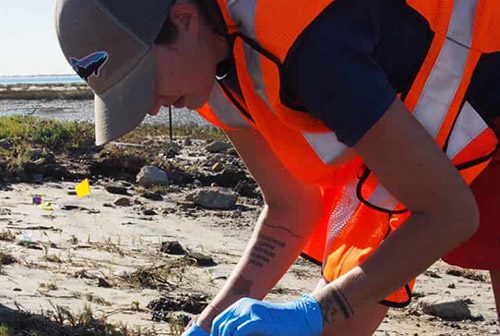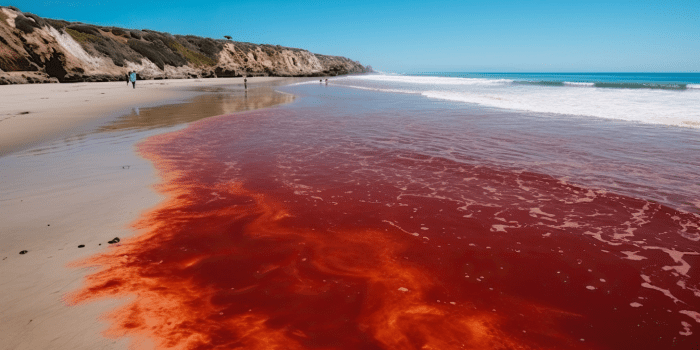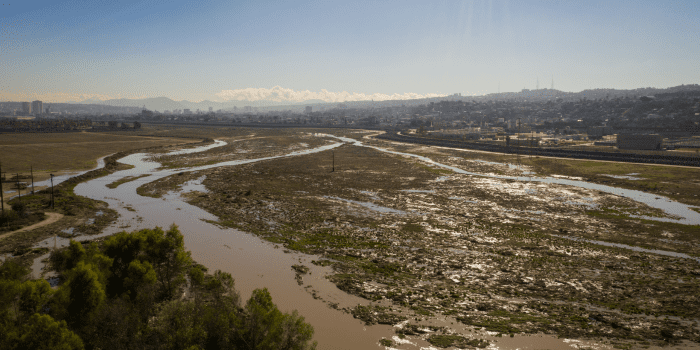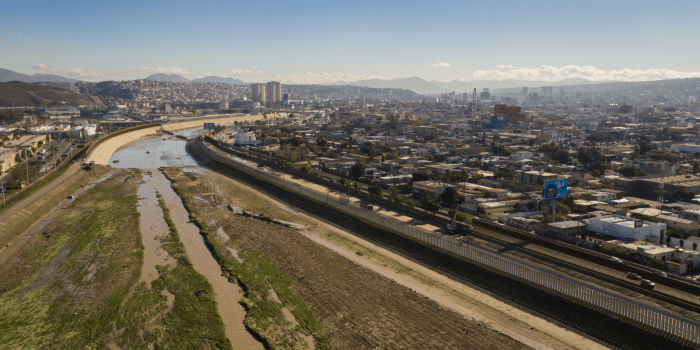Watchdog organization says decision by the State Water Resources Control Board could allow mistakes of Carlsbad Desalination plant to propagate statewide
SAN DIEGO, May 7, 2015 – San Diego Coastkeeper says it is disappointed by yesterday’s State Water Resources Control Board decision to approve a statewide desalination policy that could allow future desalination projects, such as those in the early stages at Camp Pendleton, to use the environmentally damaging practices enshrined in the Carlsbad desalination plant. The soon-to-be completed Carlsbad desalination plant will utilize practices predicted to kill billions of marine organisms, cost ratepayers and municipalities more money than alternative water sources, produce more pollution, and impact marine ecosystems more severely than is necessary with current and emerging technologies.
Coastkeeper’s Waterkeeper Matt O’Malley said, “By failing to clearly state that environmentally superior technologies, designs and site locations are the absolute preference of this policy, the amendment unfortunately sets up the case where each future desalination project proposal will require the strictest scrutiny by the environmental community and will likely result in significant disputes over their compliance with the law.”
Until yesterday’s decision, Regional Water Boards approved the few desalination plants in the state on a case-by-case basis. Sadly, says Coastkeeper, California’s drought has created a rapidly expanding marketplace for desalination plants along the coastline guided by an unfortunate misconception that desalination plants are the solution to drought concerns.
San Diego Coastkeeper works hand-in-hand with California Coastkeeper Alliance, the statewide organization that has worked with the State Water Resources Control Board to improve some aspects of the desalination amendment added to the Ocean Plan.
California Coastkeeper Alliance’s Executive Director Sara Aminzadeh said, “Ocean desalination is not an effective drought-response. Desalination facilities are constructed under enormous cost to ratepayers, and often go unused, as we have seen in Santa Barbara, Florida, and Australia. The Desalination Policy adopted creates a framework for local entities to consider and mitigate facility impacts to the ocean, but aside from environmental impacts, desalination is almost always the most costly and energy-intensive source of water.”
According to O’Malley, while the drought in California presents a dire call to action, it should not lead the region into foolhardy and costly short-term mistakes. Investing in desalination, and doing so without requiring the strictest environmental protections and technologies, has the potential to lock the state into irreversible and costly impacts.
“We must continue above all else to prioritize aggressive conservation — which can have immediate positive outcomes on our water supply outlook — and potable water reuse,” said O’Malley. “This will allow us time to establish policies that protect our environment and prevent energy consumption associated with desalination from leading us into an increasingly intense, prolonged cycle of drought and shortage.”
Coastkeeper says it will continue to advocate for the region to prioritize conservation and water reuse as the most appropriate water supply options, each of which still has a great potential to contribute to water supply before desalination is needed.
###
SAN DIEGO COASTKEEPER: Founded in 1995, San Diego Coastkeeper protects and restores fishable, swimmable and drinkable waters in San Diego County. Visit us online at https://www.sdcoastkeeper.org

